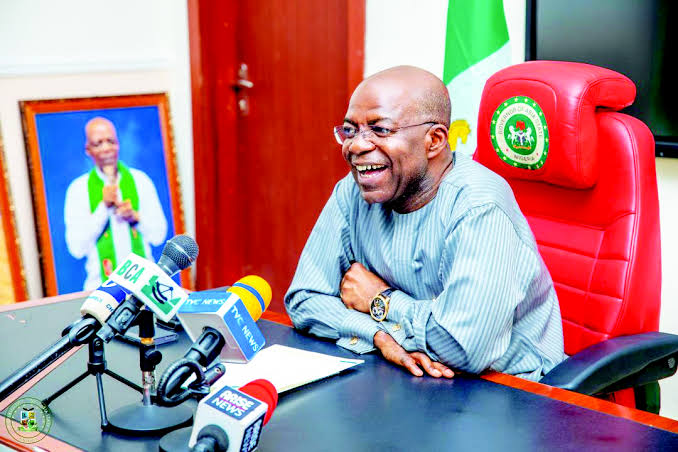Renowned public administration scholar Professor Ladipo Adamolekun has declared that Nigeria’s governance system will remain dysfunctional unless the country implements genuine political and fiscal decentralization. In a candid interview published Monday, the former World Bank executive argued that the current over-centralized structure concentrates too much power at the federal level, stifling regional innovation and accountability.
Adamolekun’s comments come amid renewed debates about restructuring, with the academic emphasizing that devolving powers to states and local governments would unlock Nigeria’s potential. “Our unitary system in federal clothing has failed,” he stated, pointing to successful models in other diverse federations like India and Canada.
Key Recommendations
✔ Constitutional Review: Reduce Federal Exclusive List items
✔ Fiscal Federalism: Allow states control of mineral resources
✔ Policing: Establish state/regional police forces
✔ Revenue Allocation: Review derivation principle upwards

Why This Matters Now
► Rising insecurity highlights governance gaps
► States struggle with fiscal dependence on Abuja
► Growing calls for restructuring ahead of 2027 elections
Case Studies Cited
- India’s asymmetric federalism
- Canadian provincial autonomy
- 1963 Nigerian regional governance model
Implementation Challenges
- Resistance from federal bureaucracy
- Weak institutional capacity in some states
- Constitutional amendment hurdles
RECAP VERDICT: Adamolekun’s intervention adds intellectual weight to Nigeria’s restructuring debate, but political will remains the missing ingredient.
🗞️ RECAP MEDIA | Governance solutions unpacked.



